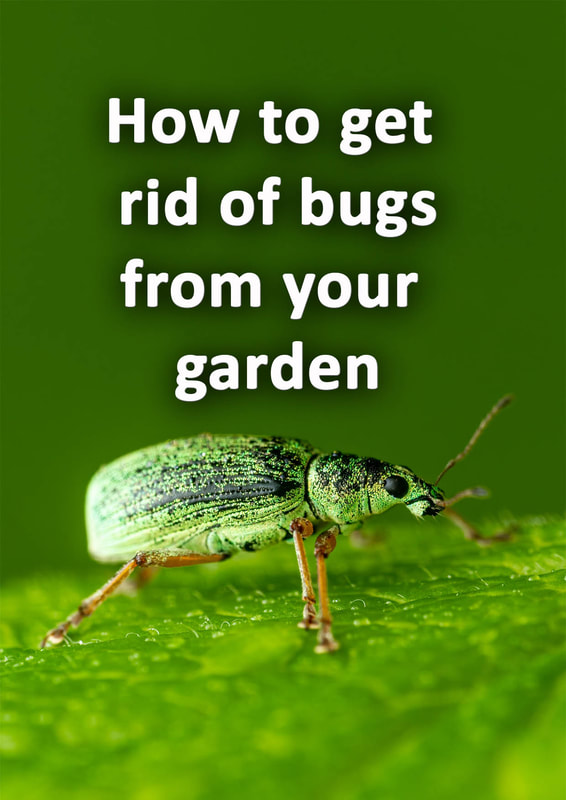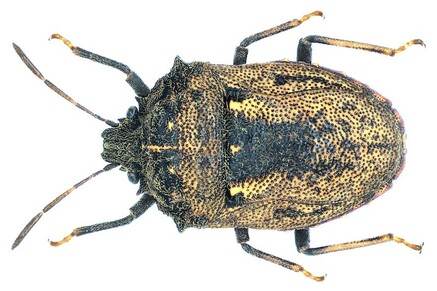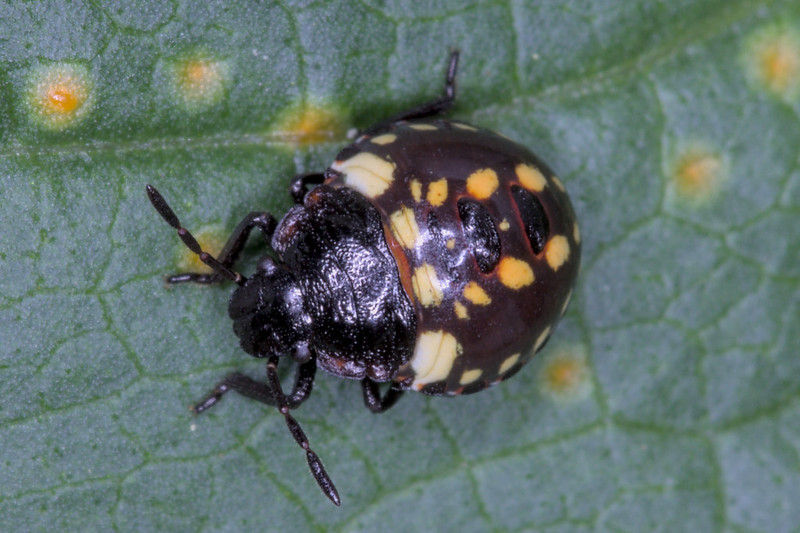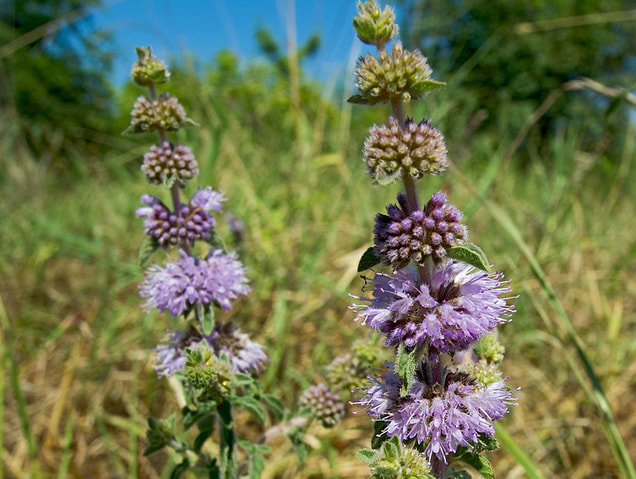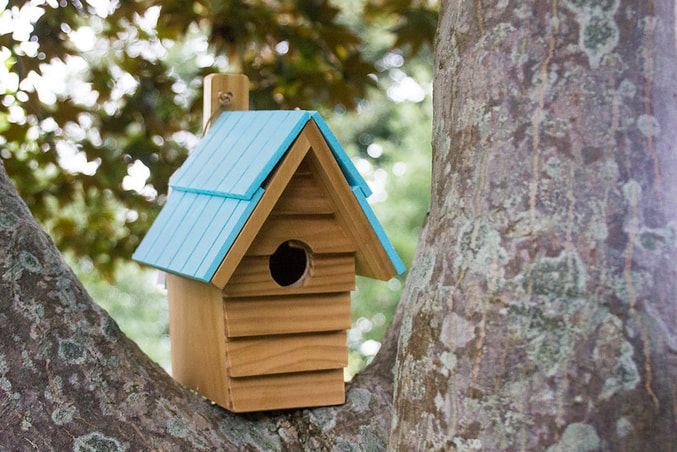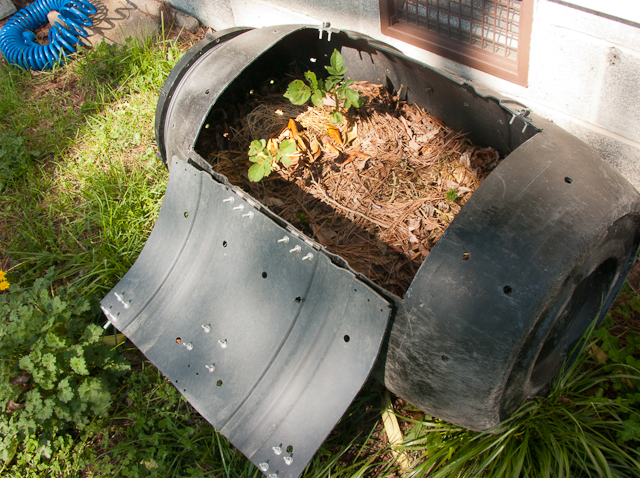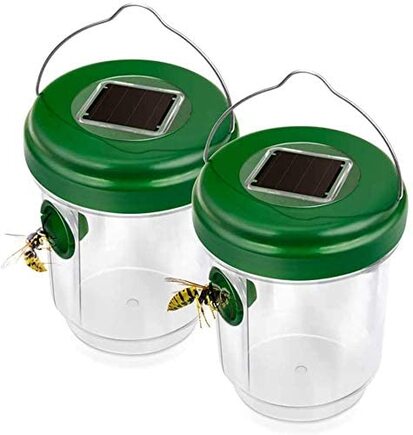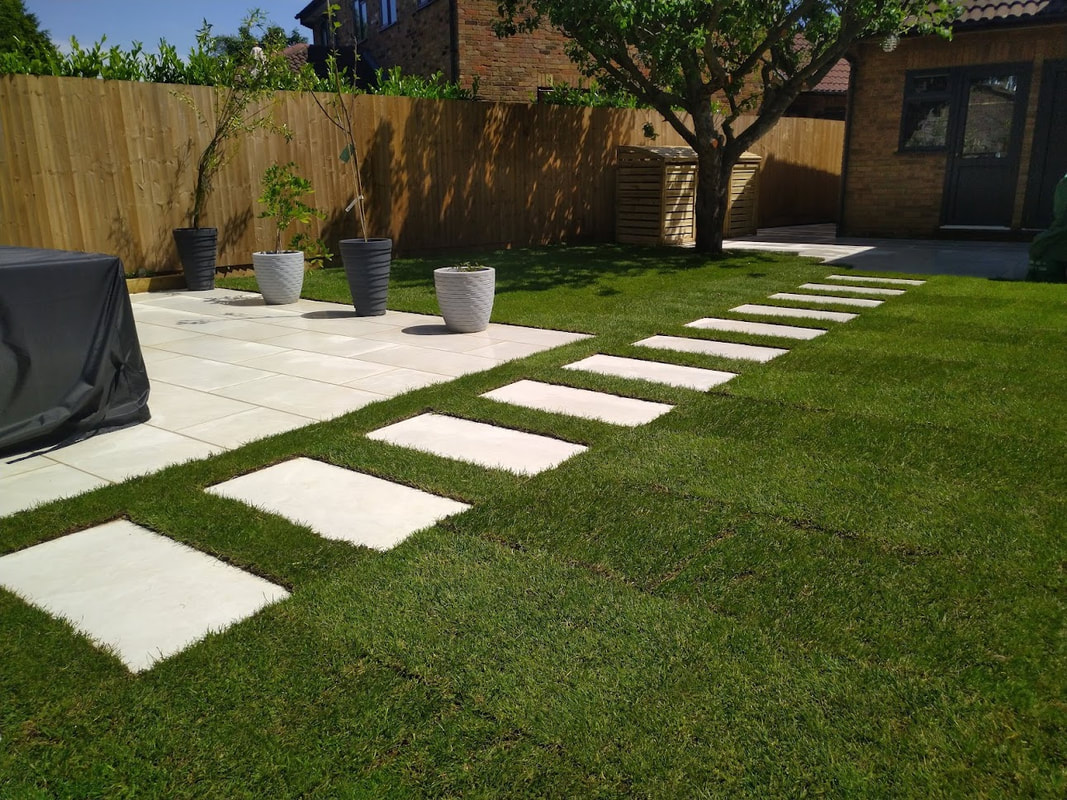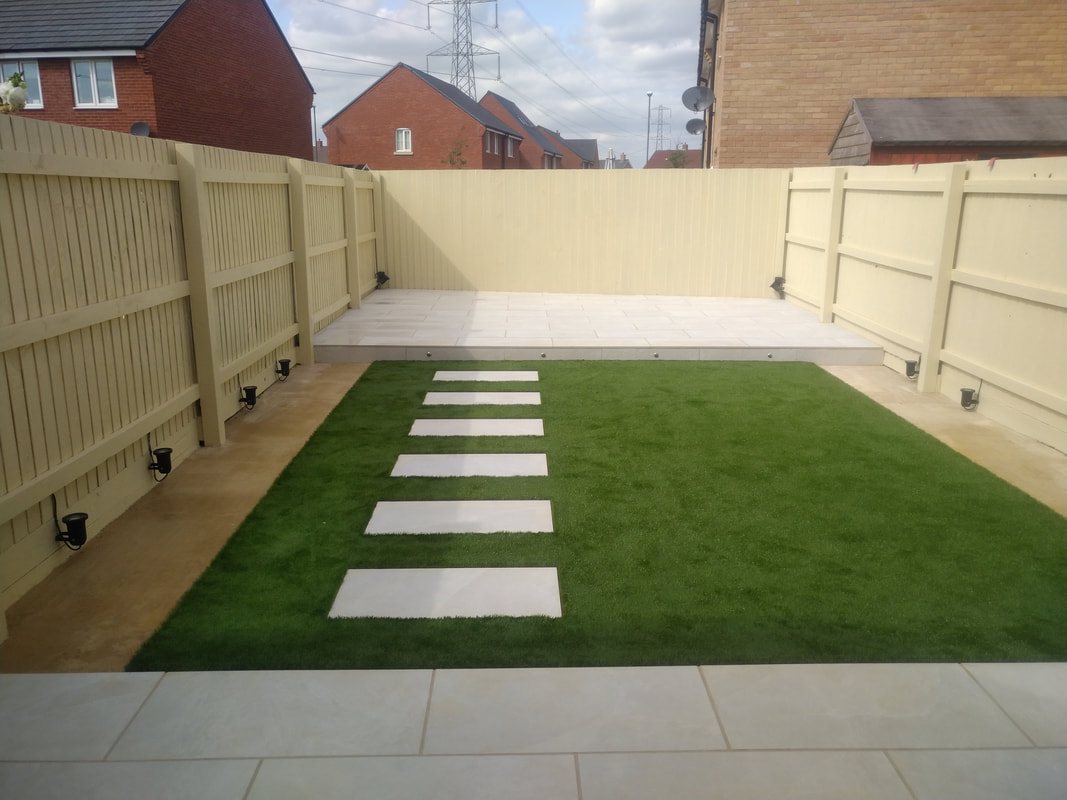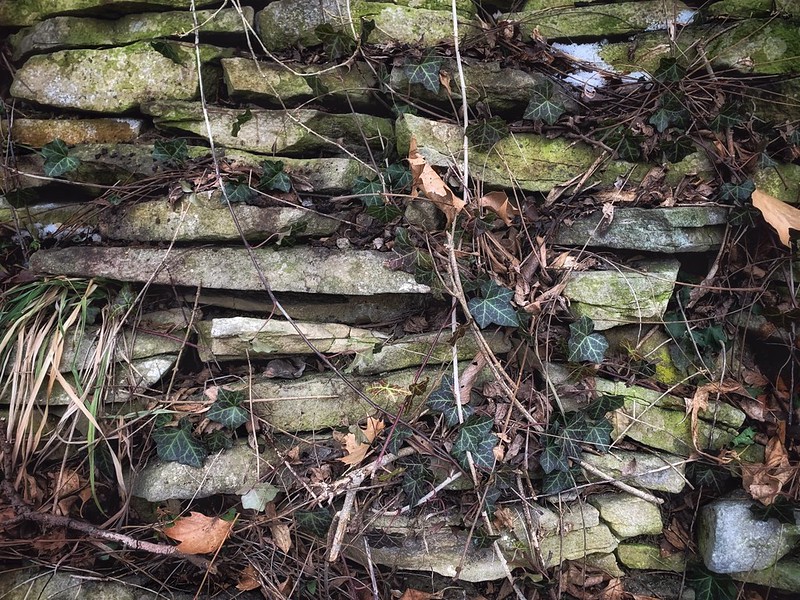|
This article contains affiliate links
Most of us love to spend warm, sunny days outside in the garden. When summer arrives there is simply no better place to relax with friends and family.
However not everyone is excited about sharing their space with bugs. Encountering bugs is an inevitable circumstance of stepping out into garden conditions. If you want to reduce bugs in your garden you will need to make it less favourable for them. In this article we will describe the steps you can take to get rid of garden bugs for good. What are garden bugs?
Garden bugs are actually a non specific terminology used to describe small creatures encountered outdoors. Species referred to as bugs are sometimes within the insect family but not always. Typical examples of bugs include; ants, beetles, grubs, caterpillar’s millipedes, centipedes, lice, spiders and mites. Most of the time the term ‘bug’ is used to describe a small crawling or flying creature. Why are bugs in my garden?
Like all wild creatures bugs require three main things to thrive; food water and shelter. The problem with many manmade environments is they typically provide all three. Gardens are full of sheltered landscapes full of nooks and crannies to hide. The huge diversity in garden plants means they are paradise for plant eating insects. These attract larger insect eating bugs creating a whole bug ecosystem.
Normally within nature bugs will be controlled by creatures higher up the food chain. Animals like amphibians, reptiles, small mammals and birds naturally keep bugs in check.
The problem is gardens are usually very hostile for these types of beneficial species. Birds and small mammals are hunted by pet cats while reptiles and amphibians fall victim to strimmers and a lack of suitable habitat. This results in a natural imbalance where bugs are free to thrive and prosper. 10 ways to get rid of garden bugs naturally?
The truth is, if you already hate bugs you probably do not want to attract larger bugs to eat the smaller bugs. Therefore your only option is to try and make your garden less attractive to them as possible. It not preferred to use chemicals and insecticides to do this as they can pollute the environment. Consequently it is often sought to get rid of bugs from your garden naturally. Consequently below we have listed 10 organic ways to get rid of bugs from your garden. 1. Organic insect repellentsThere are a few ways you can create organic bug repellent sprays. The most common involves mixing water and vinegar with other natural and pungent compounds. Aromas found in traditional herbs and plants like citrus are perfect for repelling bugs. Dissolve a mixture of herbal essential oils such as lavender, peppermint and citronella into water. This can then be used to fill spray bottles and applied to affected areas. 2. Grow bug repellent plants
A great strategy to get rid of bugs in the garden is to grow plants which repel them. Many garden herbs have evolved in places with sparse vegetation. This has led them to evolve strong aromas to repel bugs and animals from consuming them. If you have a favourite seating area grow a herb garden around the outside. This way you can provide yourself with culinary delights and put off bugs at the same time. 3. Encourage birdsA very effective way to get rid of bugs is to let nature do the work. Birds are the natural predators of multiple types of garden bugs. The trouble is backyards can be quite hazardous environments for birds. A good idea is to encourage more birds to visit your garden! This can be done by providing nesting boxes, places to perch and bird baths. 4. Use sealed composters
Bugs will take advantage of any place that provides food and shelter. Traditional compost heaps are perfect places for a whole spectrum of bugs to find food and shelter. Composting is a great way to recycle garden waste and create fertiliser but it can also attract critters. Hence if you are going to compost use a sealed composter like a compost tumbler. 5. Glue traps
Glue traps are rectangular strips which can be placed in garden hotspots for bugs. When they walk over the surface they become stuck and subsequently perish. Glue traps however are very indiscriminate and will kill beneficial insects also. It is best to use these in a targeted manner and only if you have a serious bug infestation. 6. Live traps
If you want to slowly decrease garden bugs over time you can live trap them. Bugs can be released far away in more favourable habitat. There are a number of ways you can create live traps for bugs. The easiest way is to lay down old slabs and tiles. Bugs will naturally try to seek shelter under such objects. You can also create pit fall traps using steep sided cups set into the ground. 7. Keep your garden well maintainedOne of the best ways to ensure as little bug life as possible is to keep your garden in trim. This reduces the amount of shelter for insects and reduces their food supply. A well maintained garden will also provide a better environment for you and your family. 8. Reduce garden plants
As much as plants are beneficial to the environment and look great gardening is not everyone’s favourite thing. Therefore if bugs really bother you it may be good to consider reducing the amount of flower beds you have. This will minimise your sites habitat value and discourage bugs from setting up sanctuary. 9. Seal nooks and crannies
Bugs like all other creatures in the natural world appreciate safe places to hide and rear young. Bugs are no different! Therefore if you wish to discourage bugs sealing up gaps to walls and structures is a good idea. Apply external sealant to thin gaps around the garden and mortar mixes to broken masonry. 10. Citronella
Citronella is an aroma derived from fragrant, plant species, such as lemon grass. The smell has natural, insect repellent qualities and is very effective at repelling bugs. This essential oil can be utilised by creating insect sprays or by burning citronella candles and incense. Citronella is particularly effective at repelling mosquitoes and other biting insects. How to keep bugs off my vegetable garden
It is important to remember that not all ‘bugs’ are trying to eat your vegetables. Some are actually trying to eat the pests which are feeding on your crops. Therefore it is more about discouraging bug pests and encouraging good bugs. However it can be difficult to distinguish who is friend and who is foe! The best approach is to make vegetable beds as varied as possible! Do not grow expansive areas of the same crop in the same place year after year.
Try to incorporate companion planting; this is where certain plants emit certain aromas which repel a particular pest. For instance alliums can repel carrot root fly so grown together can be naturally beneficial.
Try to grow vegetables in singular rows surrounded by companion species. If you really cannot have any bugs near your vegetables consider growing them undercover. Plants that repel bugs
For most problems within the garden nature will always provide a remedy. There are many plants which not only look attractive but will actually repel bugs away from your garden. Very often these plants will also have other benefits such as making teas, herbal medicine and cooking. Below we have listed some of the plants which bugs don’t like.
Rosemary
Thyme Lemon balm Pennyroyal Peppermint Lavender Sage Basil Garlic Nasturtiums Marigolds Petunias Geraniums Chrysanthemums Landscaping bugs love
Ultimately the best method of getting rid of bugs from your garden is to make it less appealing for them. The way to do this is to gain an understating of what bugs like and what they dislike. Below we have listed some landscape types which garden bugs love. If you already have these in your garden you may want to consider changing them for something else.
Cracked masonry work
Bark chippings Overgrown borders Uncut lawns Weeds Open compost heaps Wildlife ponds Landscaping bugs hate
Getting rid of bugs from your garden is easy when you install landscaping they don’t like. Landscaping unfriendly to bugs generally reduces hiding places and makes life uncomfortable for them. Below we have listed the main types of landscaping installations and garden conditions bugs hate.
Paving
Gravel Herb gardens Contemporary landscaping Bright colours Artificial grass Well maintained gardens
If your are planning to undertake a landscaping project to make your garden less appealing to bugs contact us.
Alternatively you can visit our resources page or essential landscaping tools article here
'As an Amazon associate I earn from qualifying purchases'
1 Comment
5/1/2023 08:30:38 am
your take on the matter is quite interesting. here is a link to the one i wrote https://www.gunpm.com/how-to-get-rid-of-bugs-can-bed-bugs-cause-health-problems/
Reply
Leave a Reply. |
The Author
|
Landscaping services across Buckinghamshire, Amersham, Aylesbury & High Wycombe
Hyde Heath, Amersham, Buckinghamshire |
|
